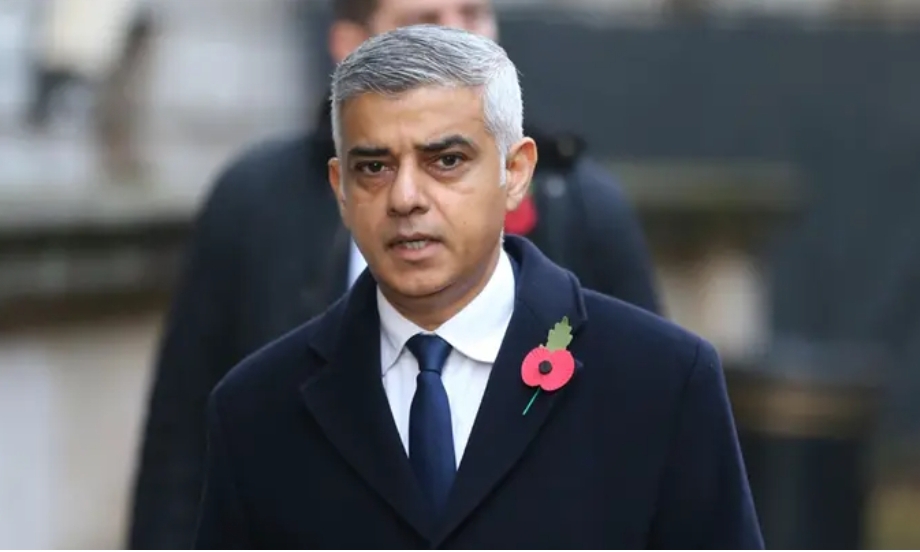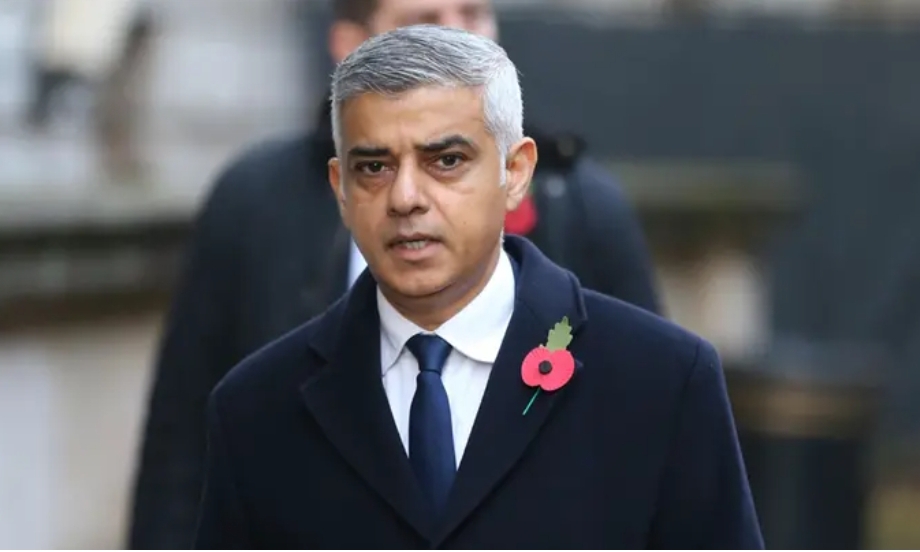
London’s controversial Ultra Low Emission Zone expansion has taken another contentious turn as it emerges that more than 100,000 non-UK residents have yet to pay their ULEZ fines. Critics are increasingly referring to the scheme as a “stealth tax,” casting shadows over London Mayor Sadiq Khan’s administration. This was revealed by Daily Express on Thursday, 5 October 2023.

Data recently released has revealed that Transport for London issued a staggering 167,663 ULEZ fines to vehicles not registered in the UK. The ULEZ expansion, aimed at reducing air pollution and promoting greener transportation, has been a hot-button issue since its inception.
The ULEZ was first introduced in Central London in April 2019, imposing charges on vehicles that did not meet strict emission standards. However, in October 2021, it underwent a significant expansion, encompassing a much larger area and affecting even more vehicles. The goal was to tackle the city’s air quality crisis and lower carbon emissions, but it has not been without its fair share of critics.
Critics argue that the ULEZ amounts to a “stealth tax” on drivers, especially those from outside the UK, who may not be aware of the scheme’s requirements. Many non-UK residents claim they received no prior notification of the ULEZ zone expansion or the associated fines, leading to confusion and frustration.
Sadiq Khan’s mayoral administration has come under increasing scrutiny as anger over the ULEZ continues to mount. Some Londoners perceive the fines as a revenue-generating tool rather than a genuine effort to combat air pollution. The lack of clear communication about the ULEZ expansion to non-UK residents has further fueled this perception.
Transport for London defended its actions, arguing that extensive efforts were made to inform the public about the ULEZ expansion through various channels, including online resources and signage. They also emphasized the importance of reducing pollution and improving air quality in London.
However, critics point to the substantial revenue generated by ULEZ fines as evidence that the scheme may be more about filling the city’s coffers than addressing environmental concerns. The fines can be as high as £160 per day for vehicles that do not meet emission standards, making them a significant financial burden for non-compliant drivers.
Furthermore, the failure to collect fines from over 100,000 non-UK residents has raised questions about the effectiveness of enforcement measures. TfL has stated that it is actively pursuing these outstanding fines, but the process is complicated when dealing with individuals and entities outside the UK.
The ULEZ fines’ impact on non-UK residents and the broader debate over its effectiveness as an environmental measure are sure to remain central topics of discussion in London’s political landscape. As the controversy continues to simmer, the city faces the challenge of balancing environmental goals with the concerns of those affected by the ULEZ expansion.




